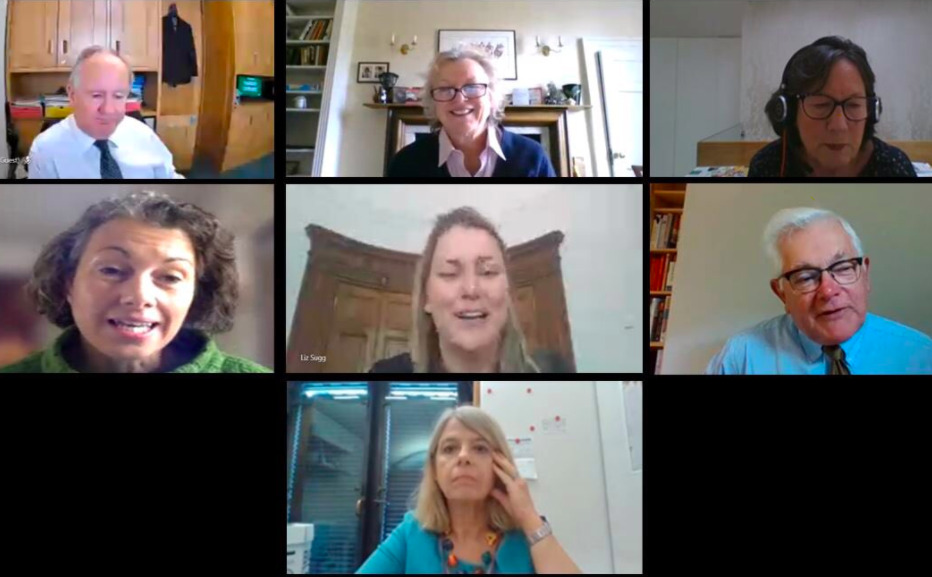Earlier today, the APPG on Global Education held an online meeting with DFID-FCO Minister and UK Special Envoy on Girls’ Education, Baroness Sugg. The meeting covered a variety of topics including the UK’s global education COVID-19 response, the merger between DFID and the FCO, protection for women and girls, and the UK’s partnerships with multilateral organisations.
COVID-19/Global Education
After opening remarks from APPG Chair, Harriett Baldwin, Baroness Sugg highlighted the unprecedented impact that the COVID-19 pandemic is having on poverty reduction in developing countries and children in particular, who are experiencing severe disruptions to their educations. Baroness Sugg highlighted that currently only one in four developing countries are providing remote learning to children. The minister pointed towards the UK’s efforts to mitigate the disruptive effects of COVID-19 on global education through its bilateral programming, partnerships with UNICEF, Education Cannot Wait, the Global Partnership for Education and the World Bank Technology Hub.
Girls Education and Protection
Baroness Sugg stressed that girls’ education remains a high priority for the Government. Discussion with the parliamentarians in attendance brought up several of the additional threats of early marriage, sexual abuse and exploitation that girls around the world are facing as a result of the pandemic. Parliamentarians and the minister agreed that the UK must focus on mitigating the effects of these secondary impacts of COVID-19 on women and girls.
Merger of DFID and FCO, and the Impact of a Recession on UK Aid
Several parliamentarians raised concerns about the upcoming merging of DFID and the FCO. MPs highlighted their desire for Select Committee-level scrutiny of UK Official Development Assistance (ODA) and cabinet level representation for an ODA minister. There were also concerns raised relating to the merger and the need to maintain a focus on poverty reduction for ODA spending. Baroness Sugg responded to these concerns by underlining the Government’s commitment to prioritising lifesaving aid, stopping the spread of coronavirus and mitigating its secondary impacts. Regarding the impact of a recession on the UK’s ODA budget, Baroness Sugg explained that it was likely to shrink in line with the 0.7% GNI commitment. Although she was unable to make a spending commitment on global education at this stage, she stressed that ministers are working across departments to prioritise ODA, with education viewed as key to Britain’s interests for a safer and more prosperous world.

